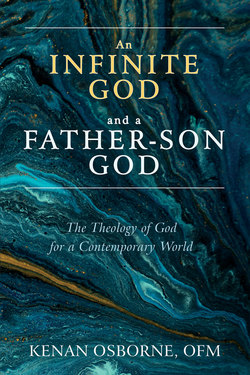Описание книги
In this last work, Kenan Osborne addresses the intersection between new scientific insights into the origin of the human species and the growing awareness of a multicultural and multi-religious world with our contemporary understanding of God. After a review of current presentations of Trinitarian theology, he analyzes in detail the biblical record for the names of God and develops a cogent description of the thinking about God in the first six centuries. Complementing his 2015 volume The Infinity of God and A Finite World, A Franciscan Approach, this present work challenges theologians and believers in two distinct ways: Do the terms «Father» and «Son» have any essential meaning for divinity? From a human standpoint, God is essentially neither a «Father» nor a «Son.» Nor do these two words have some exclusive meaning when they refer to divinity. What then do we mean when we talk about God? Second, in many theological textbooks, the term «infinite» is considered as an «attribute» of God. Infinity is in no way an attribute, even a divine attribute. It is rather an essential description of God, as the Franciscan philosophical theologian John Duns Scotus argues. And if this is so, can we really understand God, or are all our views and descriptions of an infinite God partial insights into a transcendent infinite God who embraces all human creatures from the beginning of homo sapiens sapiens to the present?
